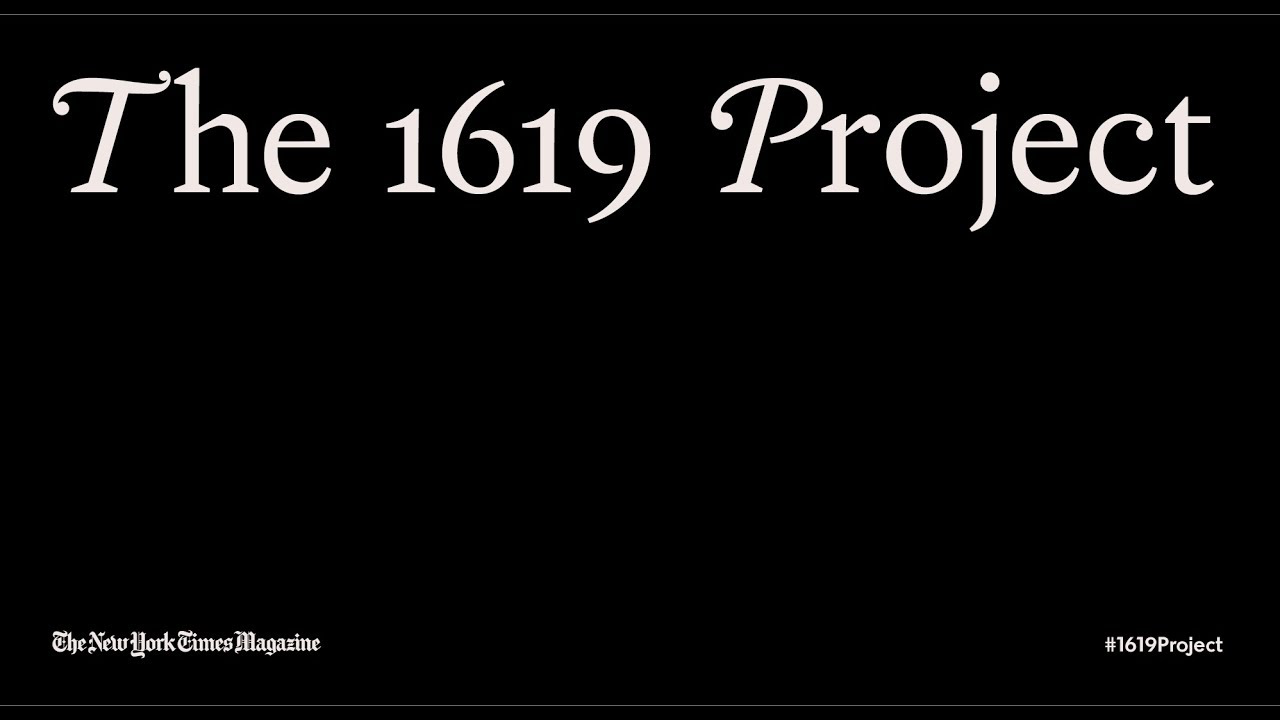|
Bringing the #1619Project Into Our Math Classrooms
I’ve heard math teachers discuss how ELA, Social Studies, and Science content area teachers get to have all of the conversations with students about topics that matter. In fact, I’ve heard it come out of my own mouth in the past. For a long time, I wasn’t sure what my role was in developing healthy citizens in this system of education. I trained myself to believe that students needed to comprehend logic in order to be able to engage in civil dialogue (and thus proofs), or that making sense of the procedural nature of the world assisted students in making sense of routine in their daily lives (and thus learning how to use formulas and algebraic rules).
It took several deep dives into learning about my practice as an educator to realize that I was trained to believe that mathematics classrooms could not engage in conversations around the things that mattered in the world (and I’m talking about beyond financial math). I realized that I had to reframe that lie as a myth, commit to unlearning this “truth,” and release myself from believing I wasn’t a good math teacher unless I looked like the math teachers who taught me. I had to recognize that this was a false history that I had been taught. That release brought great freedom and liberation in what I, and my students, were able to bring into our classroom to discuss.
That’s why I am so excited about the #1619Project. At first look, this is a Social Studies teacher’s dream. But, as a mathematics teacher, this is my dream as well. On the 400th anniversary of August 20, 1619, a date that for many marks the beginning of slavery in the United States, @nytimes writer, @nhannahjones, along with her team of experts, documented the history of slavery from the voices of black people, creating a historical document that edifies the role that black people have played and continue to play in the making of the democracy of this nation.

For many, the anniversarial date of August 20th, 1619 would have gone by without notice. Many Americans were never taught this date as a pivotal marker in our country’s history. This is just as much a part of our history as a nation as the day Neil Armstrong landed on the moon. We all have a visual image of that iconic moment in history. But August 20, 1619?
The erasure of this pivotal moment in our country’s timeline is one example for why we, as educators, must unlearn what we define as the critical work of developing citizens in our mathematics classrooms.
To continue your own learning, you can access the special edition of the NY Times and the recently dropped podcast, that will become a series to continue the conversation. I love the What’s Going On In This Graph? Series by the NY Times, and am hoping that the graphics used in the #1619Project merge into this series as well. Pulitzer Center is already developing curriculum to assist educators in bringing the #1619Project into their classrooms.

We are able to bring more of ourselves into the classroom than ever before. We can only hope this helps our students do the same.
Written by Lauren Baucom, @LBmathemagician
|